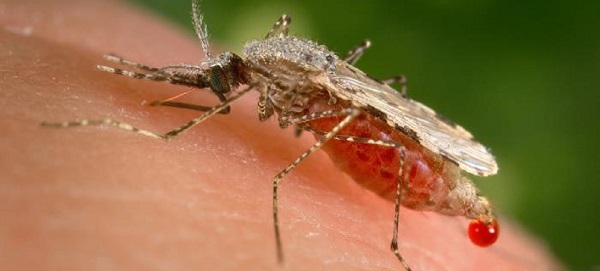
The Federal Government has called for increased resource allocation from both federal and state levels, along with strong private-sector engagement, to ensure that malaria elimination in Nigeria becomes sustainable and achievable.
Minister of Health and Social Welfare, Prof. Mohammed Pate disclosed this in Abuja on Friday ahead of the upcoming joint annual review of the health sector, which is set to occur next week. He emphasised the need for combined investments and policy incentives to strengthen Nigeria’s healthcare system in its fight against malaria.
“Eliminating malaria requires more than just increasing the federal budget,” Pate stated. “It demands that states make malaria a core health priority. The joint annual review is an opportunity to align budget priorities across federal and state levels, driving coordinated efforts for real impact,” he added.
He outlined a new public-private partnership model aimed at enhancing malaria intervention efforts. Nigeria has recently established a jointly-owned entity, blending private capital, expertise, and public finances. This partnership not only allows the government to access returns on investment but also promotes sustainability in malaria control efforts. “This market-shaping approach is part of a larger strategy, and while the current business environment poses challenges, there is optimism for the future,” he said.
Pate also discussed recent progress in Nigeria’s health industrialisation efforts, highlighting a presidential executive order signed by President Bola Tinubu. This order has sparked what the minister described as an “irreversible” era in medical manufacturing. “The President’s executive order is unprecedented, offering clear policy incentives for vaccines, pharmaceuticals, medical devices and test kits. The response from industry stakeholders has been overwhelmingly positive,” he explained.
According to Pate, these policy incentives aim to make Nigeria’s healthcare manufacturing sector more self-sufficient, reducing the country’s dependency on imported medical supplies, including vaccines and test kits. This drive towards industrialisation, he said, complements the malaria eradication efforts and will help build a sustainable healthcare infrastructure for Nigeria’s future needs.
The joint annual review is expected to bring together government officials, health experts and private sector partners to assess current challenges, identify successful strategies, and determine areas where further funding and policy support are needed.
Pate urged state governments to take an active role in malaria eradication by investing in local programs for diagnostics, treatment, and prevention. “Malaria is not just a federal issue; it’s a community one. State governments must prioritise malaria control measures. The impact will be profound—saving lives, strengthening health systems, and shaping a healthier future for Nigeria,” he concluded.

